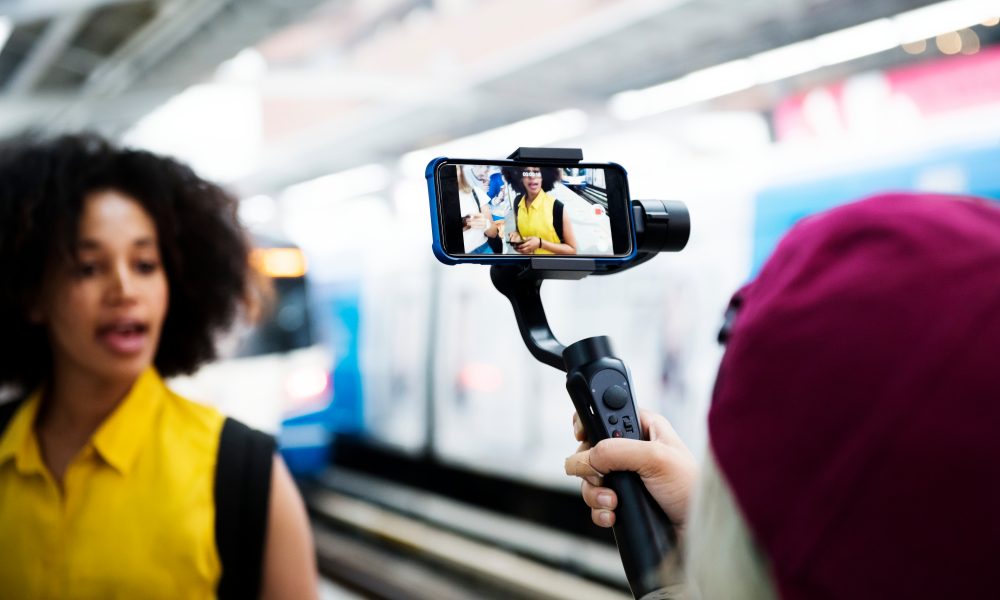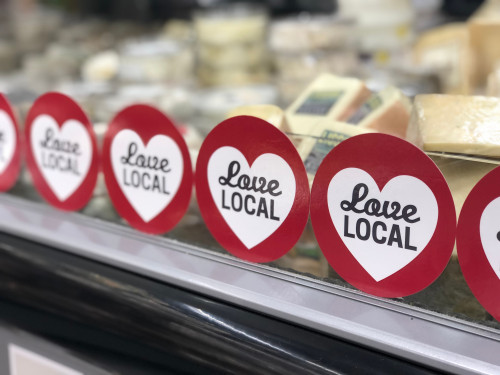Through selfless acts, people are helping other businesses, marginalized groups, and financially vulnerable communities get the support they need.
Making Ends Meet via Self-Monetization
Social and technological changes are transforming how we sell the most important product of all –ourselves. People are forging a “Monetize Me” attitude, and it is gaining traction during the pandemic as people seek financial security in challenging times. Etsy reported a boom in active sellers on the site, growing 62% YOY in Q4 2020. And in the bigger picture, the U.S. Census Bureau reported business applications jumping 73% from March 2020 to March 2021. Whether by creating new revenue streams or boosting their work’s value, people are determined to secure their financial futures. With people’s growing focus on their personal value, brands have opportunities to assist and subsequently benefit from a budding entrepreneurial spirit.
The advent of social media has allowed many creators to gain a following and start monetizing their brand. Now, the platforms are helping people get there faster. In November, Snapchat launched TikTok rival Spotlight and is incentivizing usage by doling out $1 million daily to users with top performing posts. Starting with a base pay of $250 per popular post, people get a chance to earn big based on the number of unique views – like this high schooler who earned $200,000 in a week from her videos trialing beauty products and hanging out with her boyfriend. Spotlight’s strategy of attracting creators is paying off quickly. More than 100 million users have joined the platform within the first two months.
While social media monetization accelerates the success of many creators, other people look to strengthen their hold on existing creative assets. Choreographer JaQuel Knight is taking ownership of his iconic dance moves displayed in Beyonce’s “Single Ladies (Put a Ring on It)” and Cardi B and Megan Thee Stallion’s “WAP” videos. He recently launched Knight Choreography and Music Publishing Inc. to establish copyrights on his movement creations and hopes to do so for other choreographers in the future, too. Now artists are claiming more agency and ownership of their valuable creations.
Art in and of itself is getting a digitized makeover with new technologies creating opportunities to turn digital art into tradeable currency. Thanks to blockchain technology, people are able to secure the rights to things they’ve created digitally such as photos, videos, audio, and more using NFTs (Non-fungible Tokens). NFTs are units of data stored on a blockchain that certifies a digital file as unique and non-interchangeable. Now, a person can trade their unique GIF creation like one would trade stocks. With NFTs acting as digitally-tracked receipts, people are monetizing their digital creations and earning royalties as the NFT is sold or changes hands. Imagine being able to sell your viral tweet for millions. Twitter CEO Jack Dorsey made his first tweet an NFT – and it sold for $2.9M.
Brands can help unleash people’s inner entrepreneur, too. A fast-casual restaurant brand can encourage and promote people’s side-hustles by creating an application for a Creator Connects program for up-and-coming social media influencers. This network of aspiring creators will benefit from direct access to your brand’s executive leadership and guidance – learning how to fully monetize their brand. In exchange, budding entrepreneurs regularly incorporate innovative ways to showcase and boost your products in original content to their followers. Digital and SEO strategies will aid in recruitment of program participants, while contractual brand placements help keep your brand top of mind.




